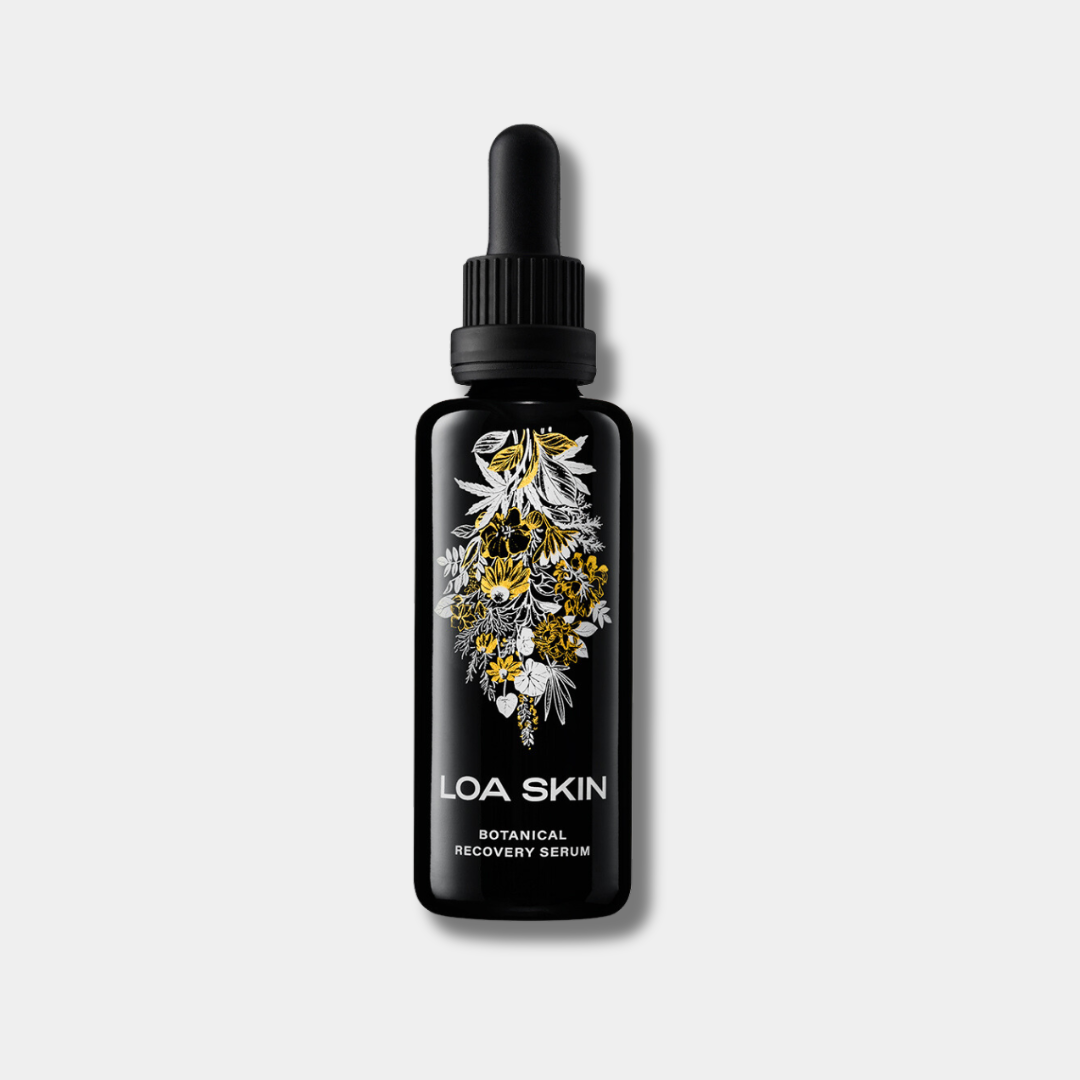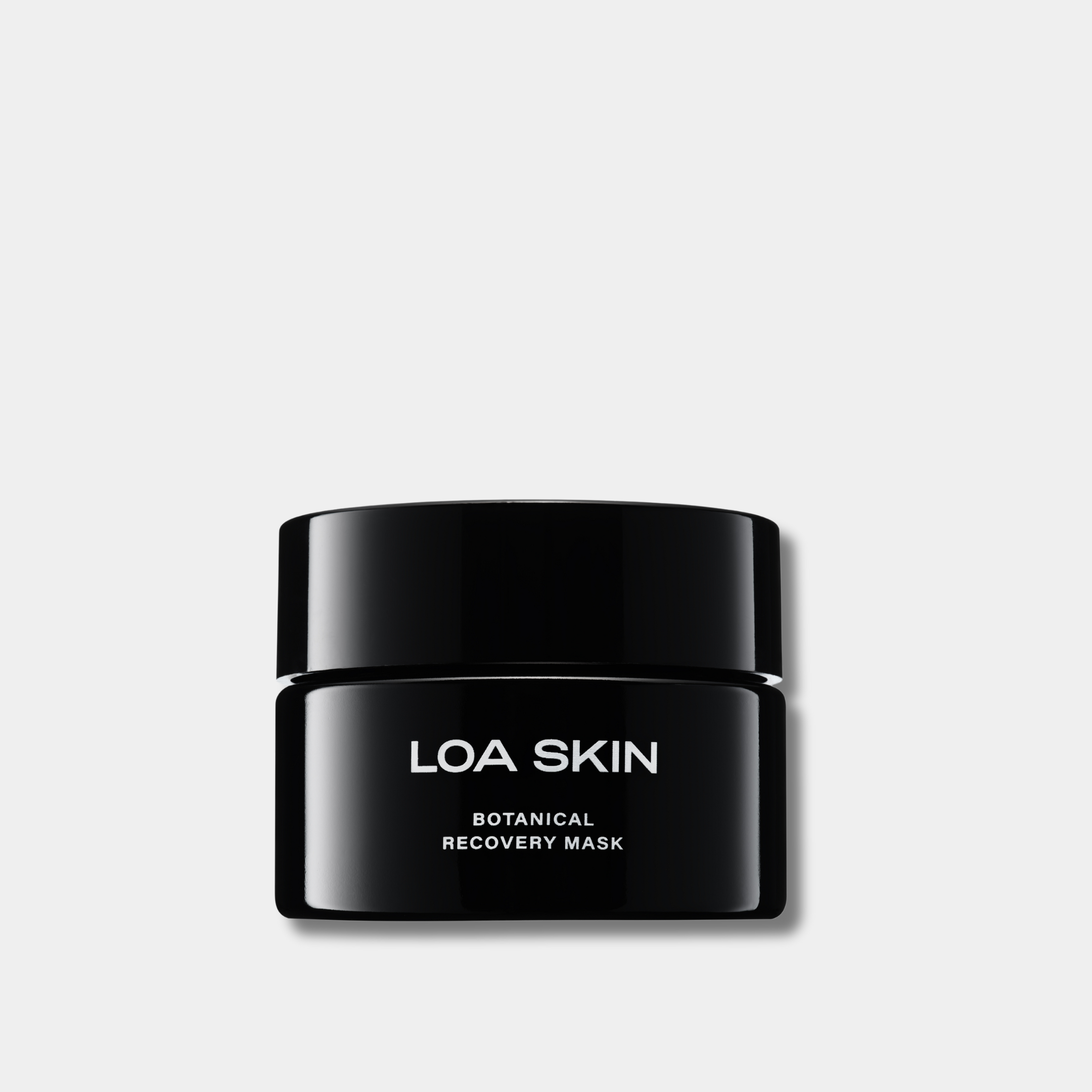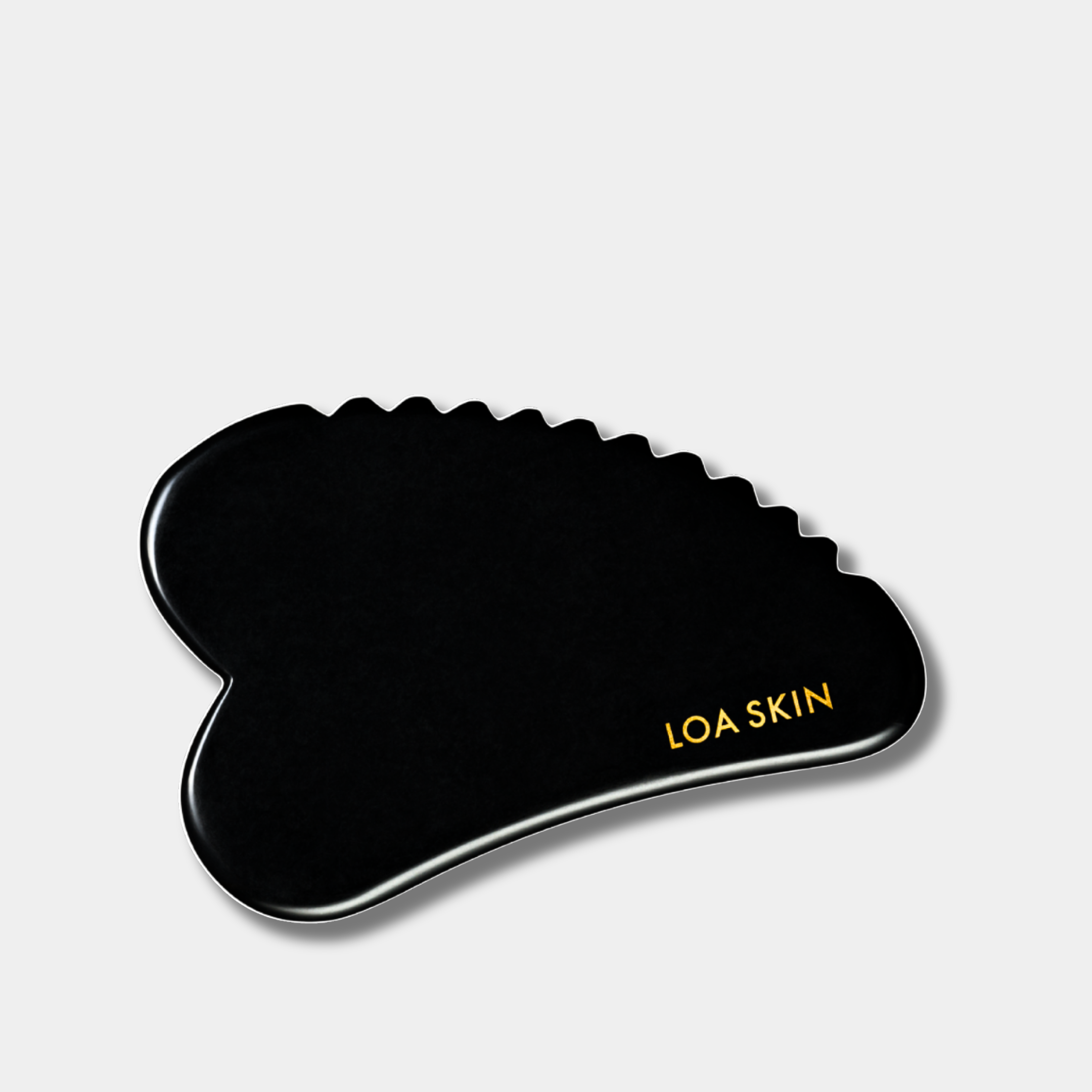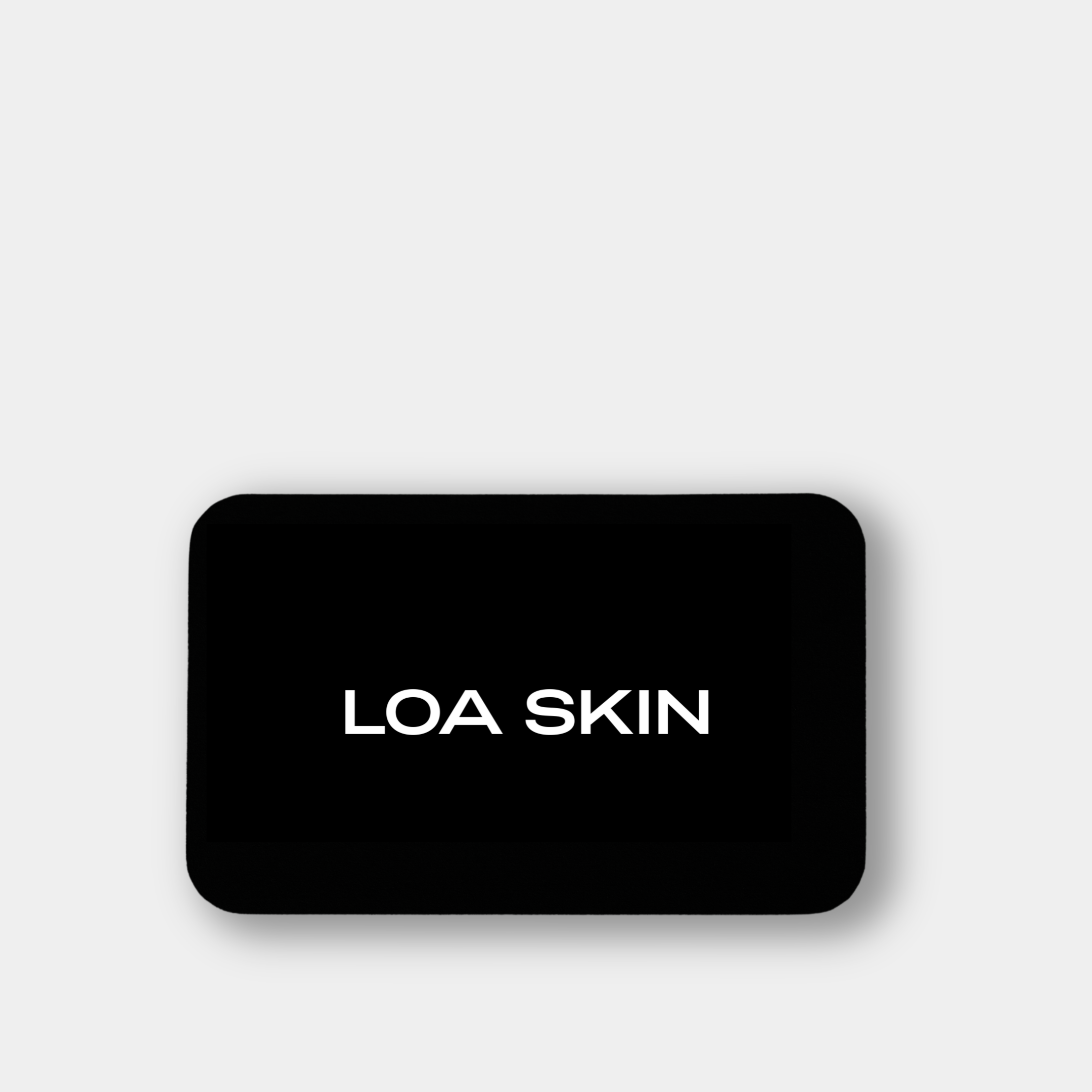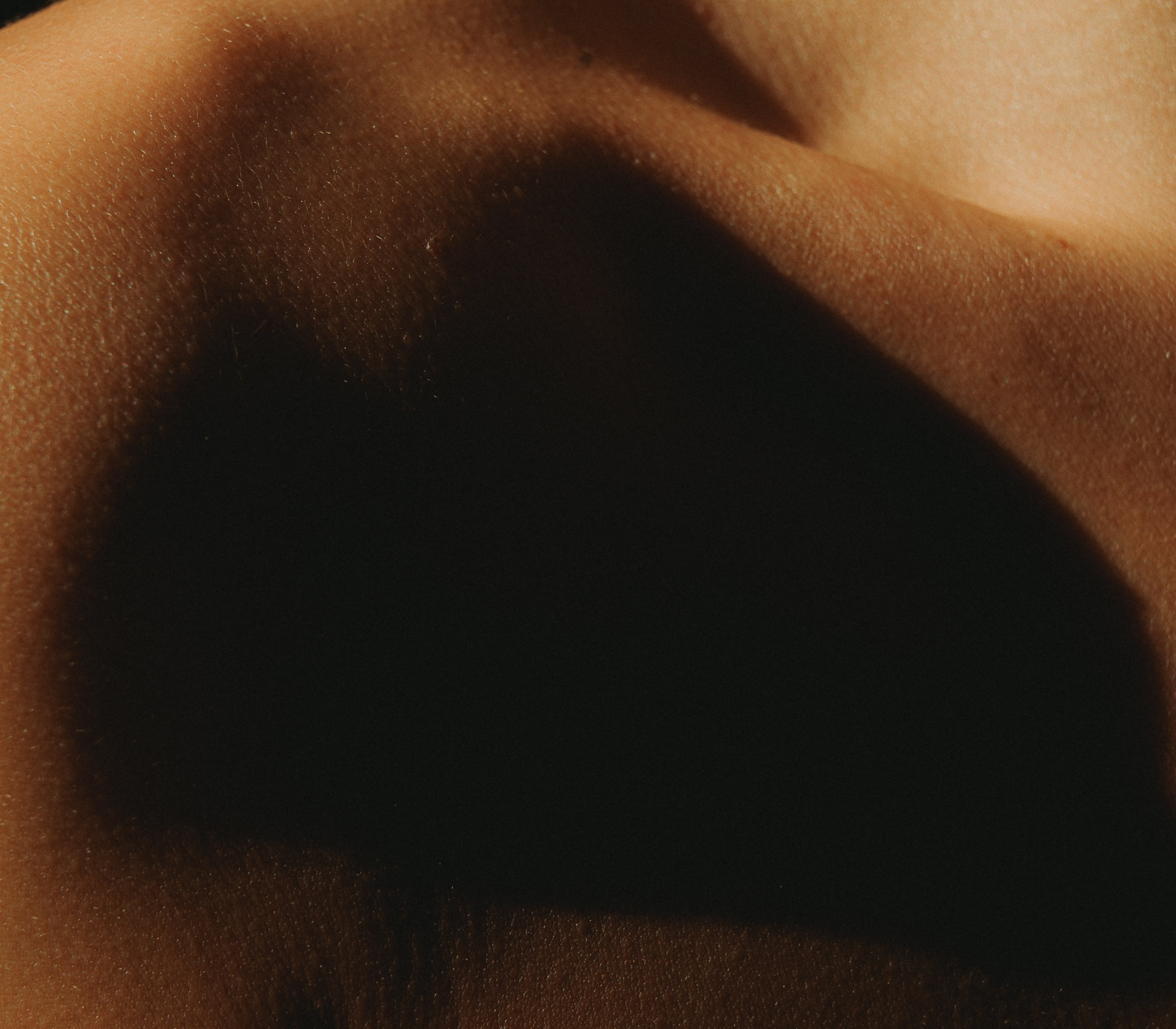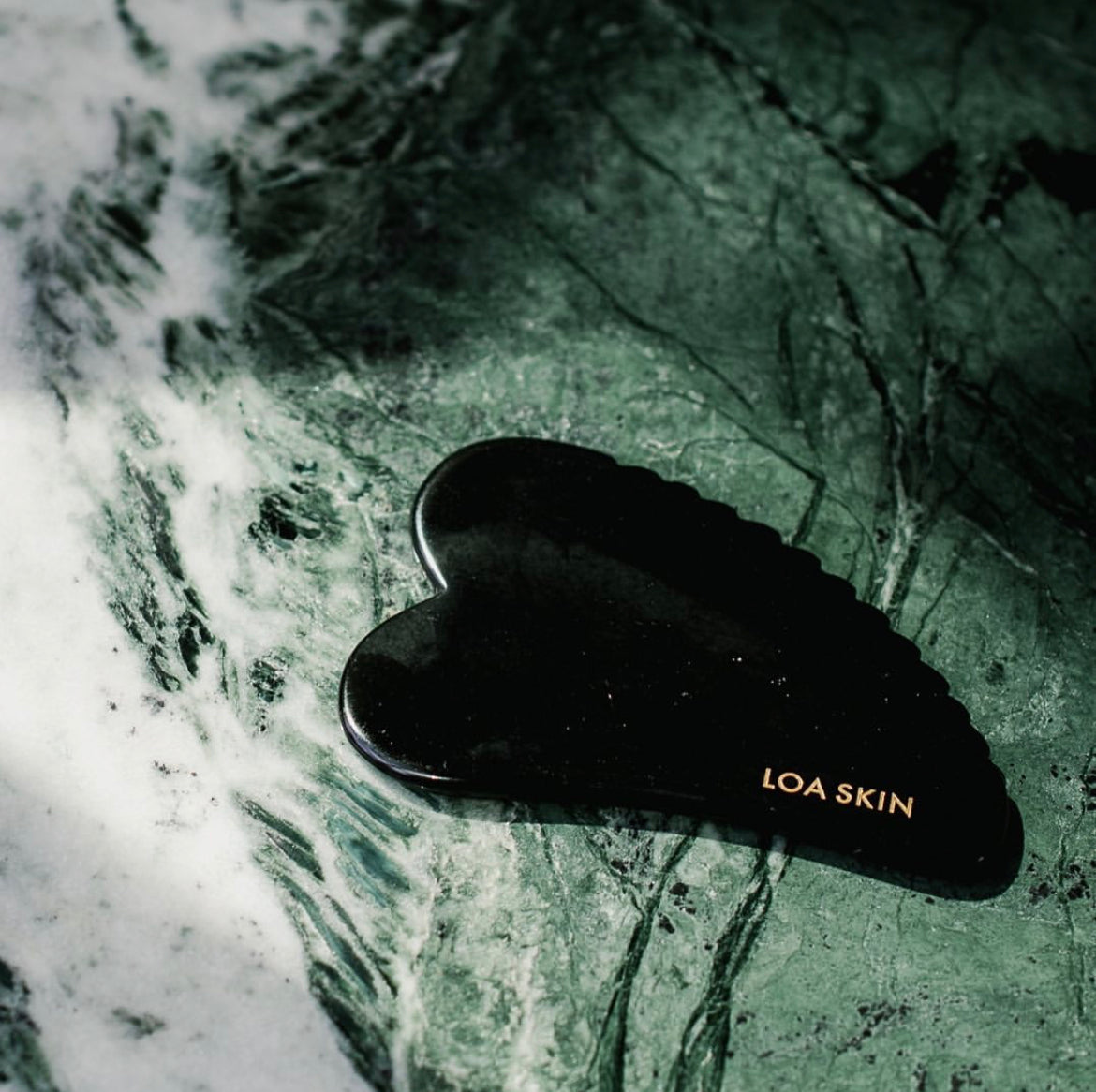Latest Articles
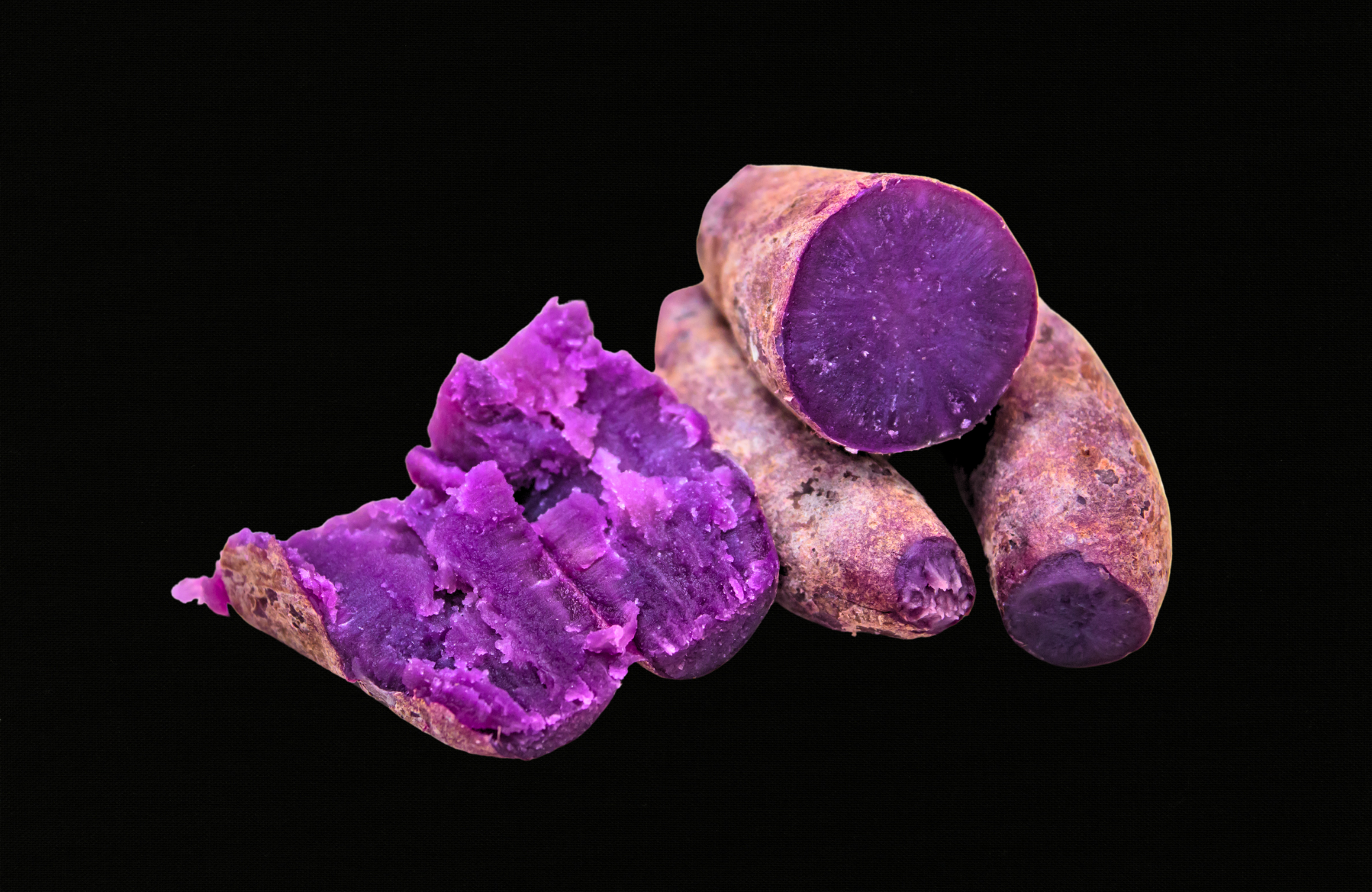
The Skin Benefits of Purple Sweet Potato
You’ve heard that sweet potatoes are a great way to add fiber, vitamins, and lots of nutrients to your diet… but did you know that certain varieties can also be great for your skin? Out of all of t...
Read more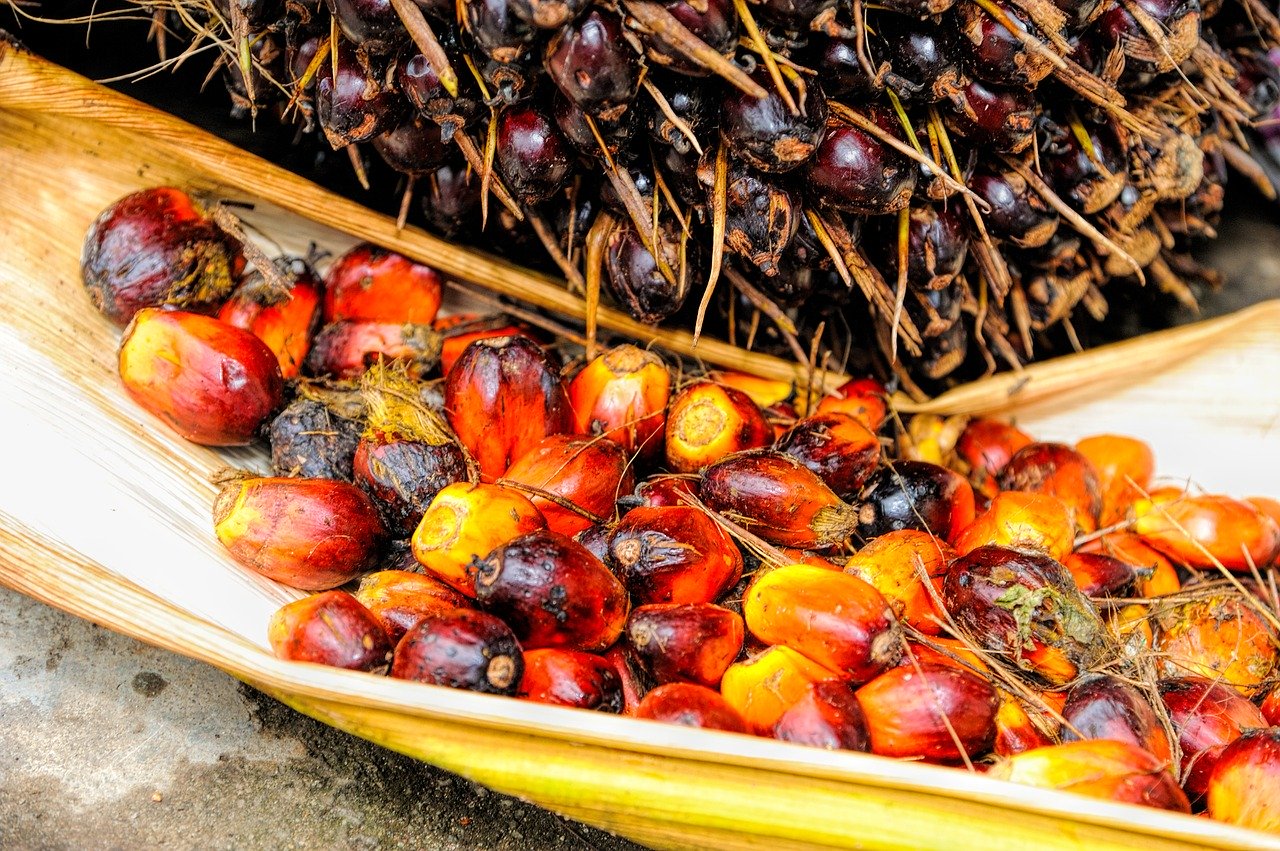
Why Palm Oil is a Disastrous Skin Care Ingredient
Palm oil is hiding in most skin care products on the market. One of the worst environmental disasters in our history is currently unraveling, destroying some of the most biologically diverse rainfo...
Read more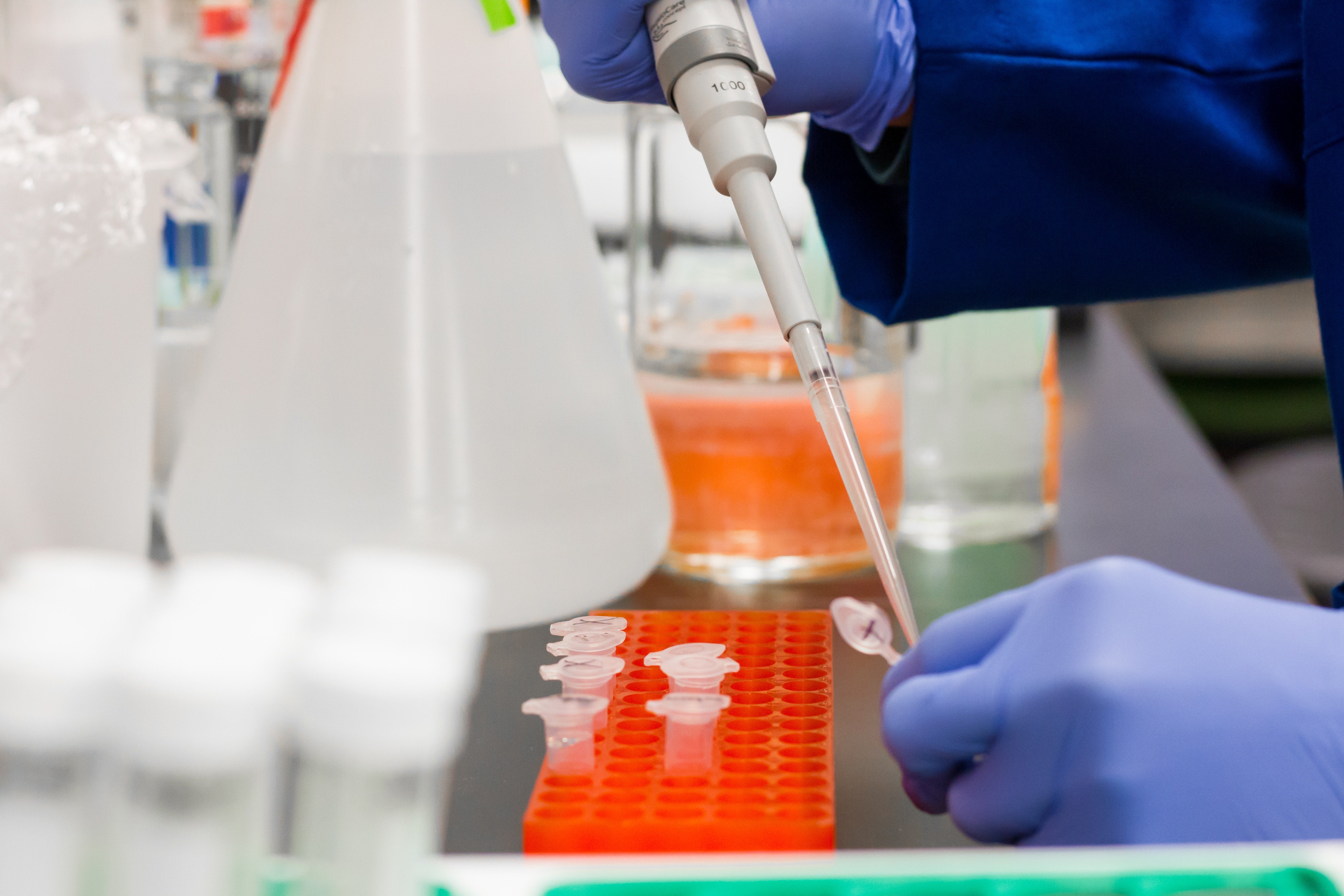
Phenoxyethanol in Skin Care: Is It Safe or Toxic?
Phenoxyethanol is a synthetic preservative that can be found in most of the skin care products we use today. In recent years, consumer perception of phenoxyethanol has turned negative, with many be...
Read more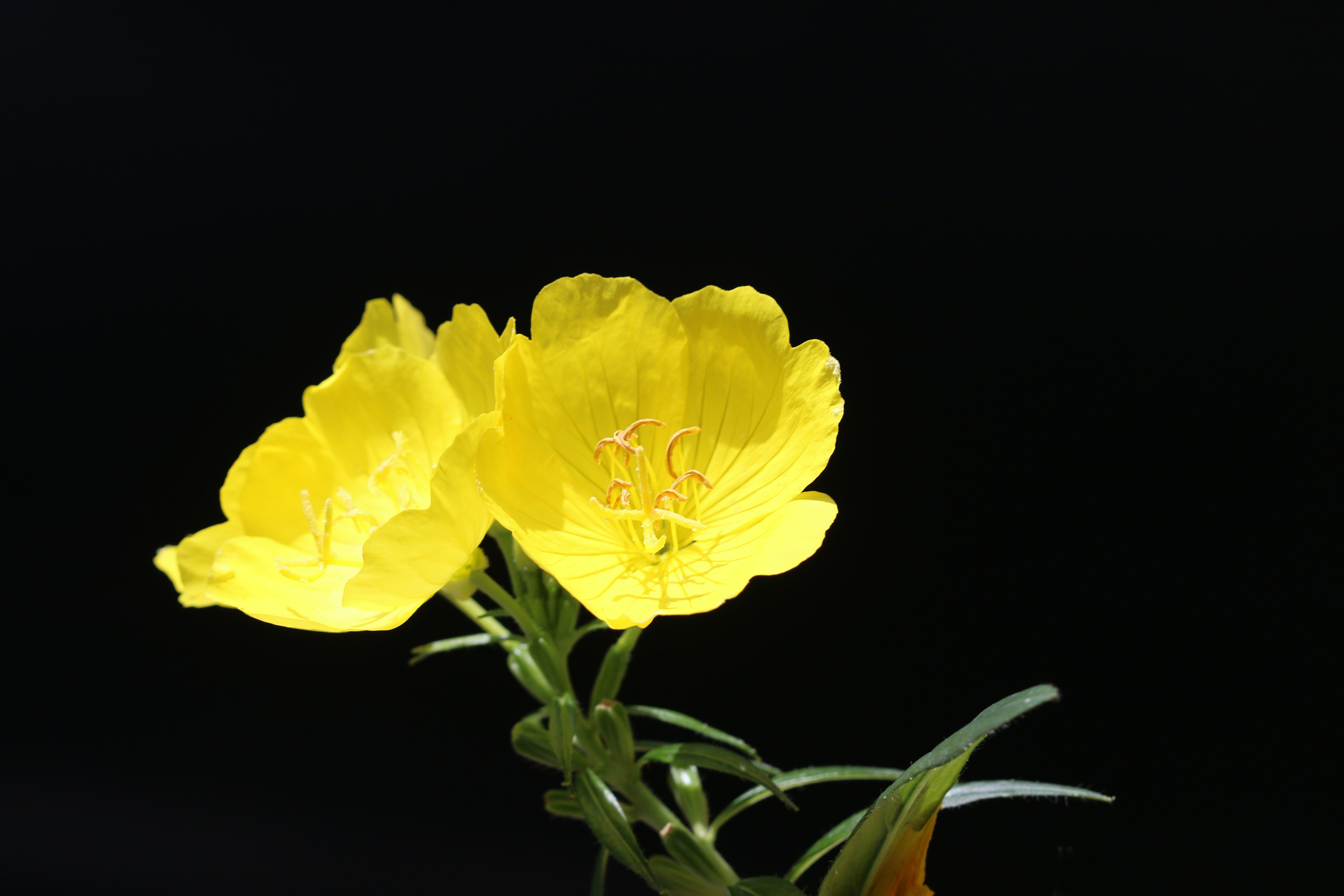
Evening Primrose Oil: Why It’s the Best Skin Moisturizer
You probably have a bottle of extra virgin olive oil in your kitchen, but have you heard of evening primrose oil? While it may not be as tasty on a salad as olive oil, It's one of the most effectiv...
Read moreFeatured Articles

Interviews
Desiree Nielsen Weighs In on the Link Between Diet & Skin
Desiree Nielsen is a registered dietitian based in Vancouver, BC whose consulting practice focuses on inflammation, digestion and plant-centred diets. Desiree is the best selling author of...
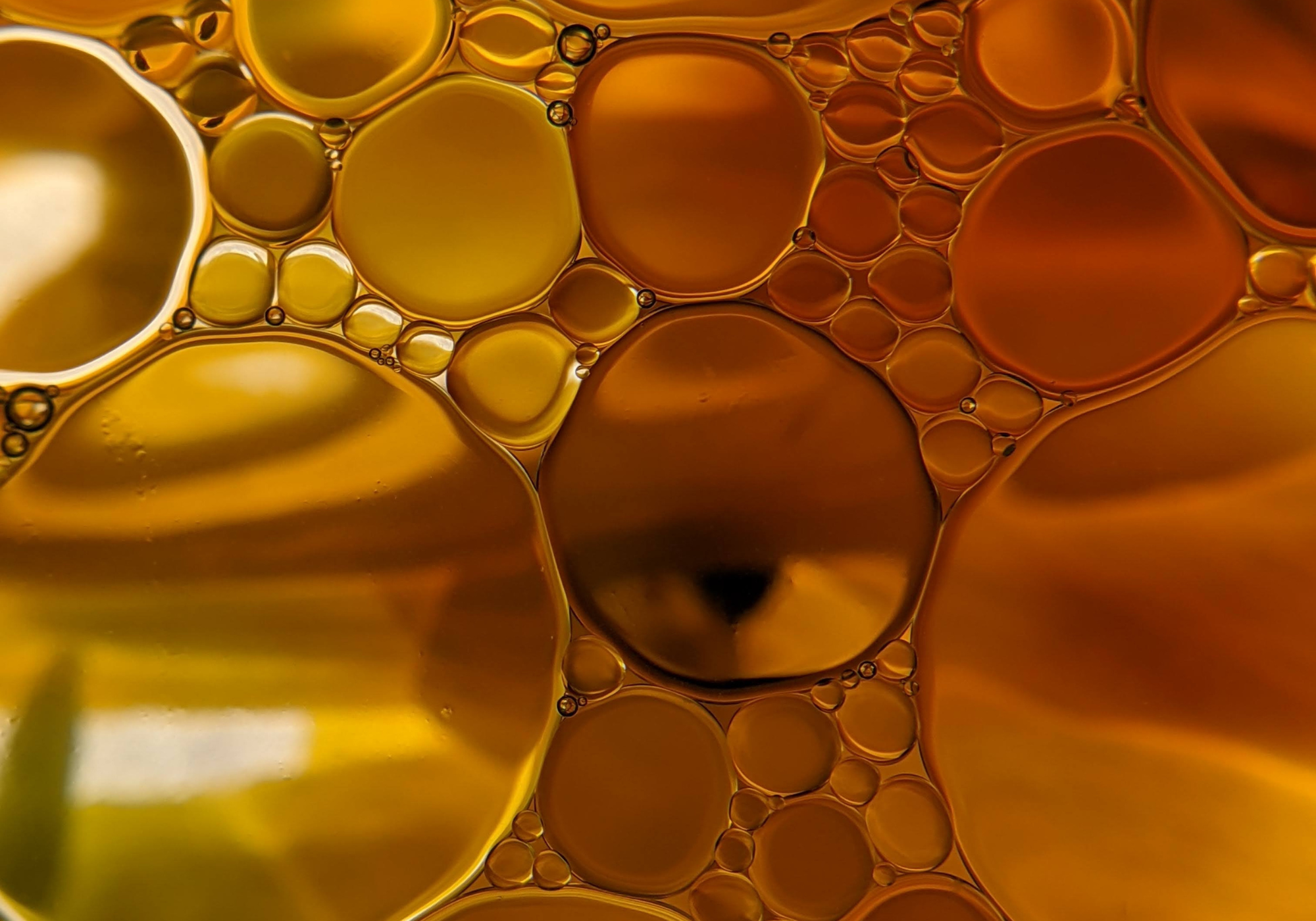
Ingredient Spotlight
Evening Primrose Oil: Why It's The Best Skin Moisturizer
You probably have a bottle of extra virgin olive oil in your kitchen, but have you heard of evening primrose oil? While it may not be as tasty on a salad as olive oil, It's one of the most effective...
Question & Answer
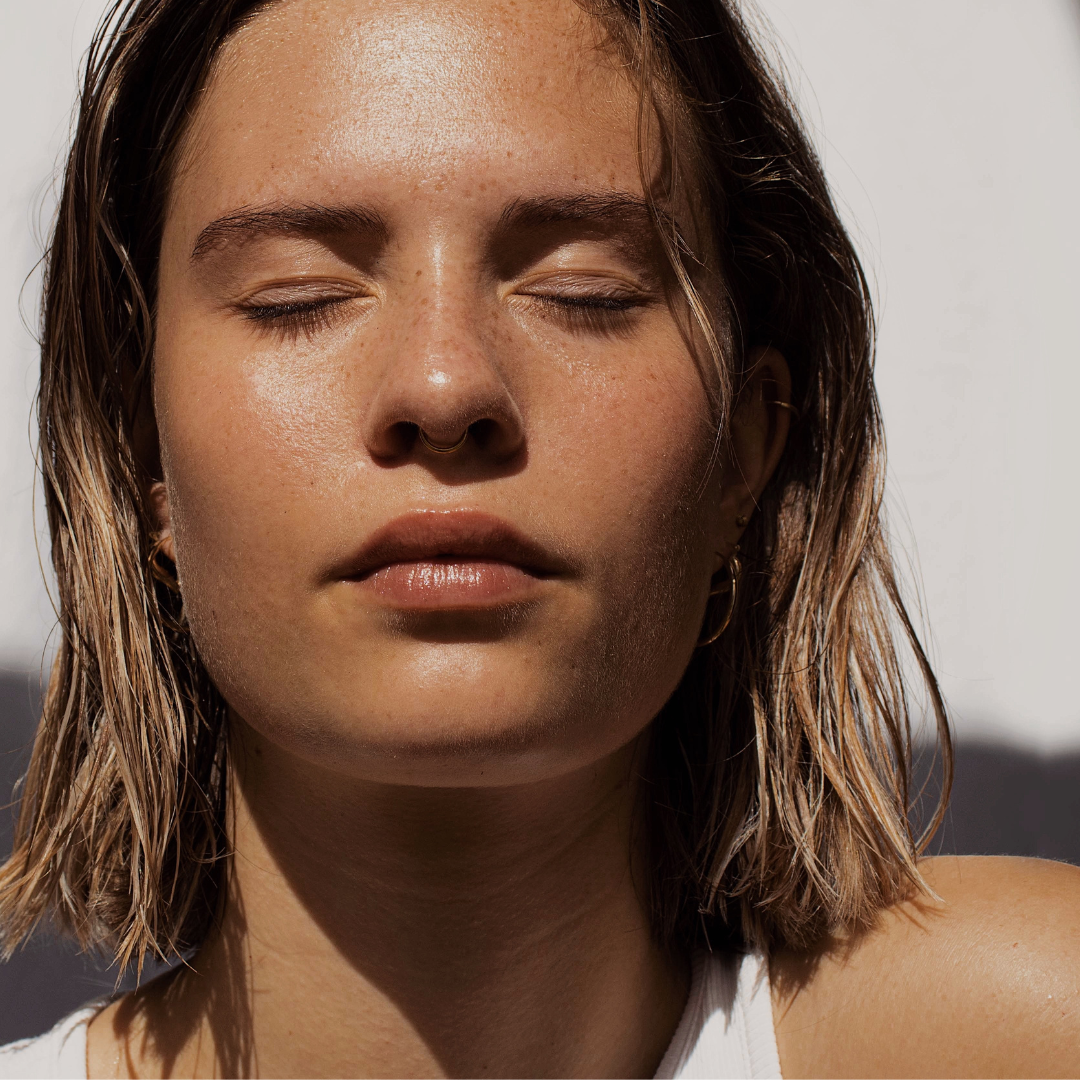
Is gender-specific skincare necessary?
We always see the classic ‘Men 3 in 1’ products for the face, body, and hair at the drugstore, with the grey packaging that is marketed toward men.
READ ANSWER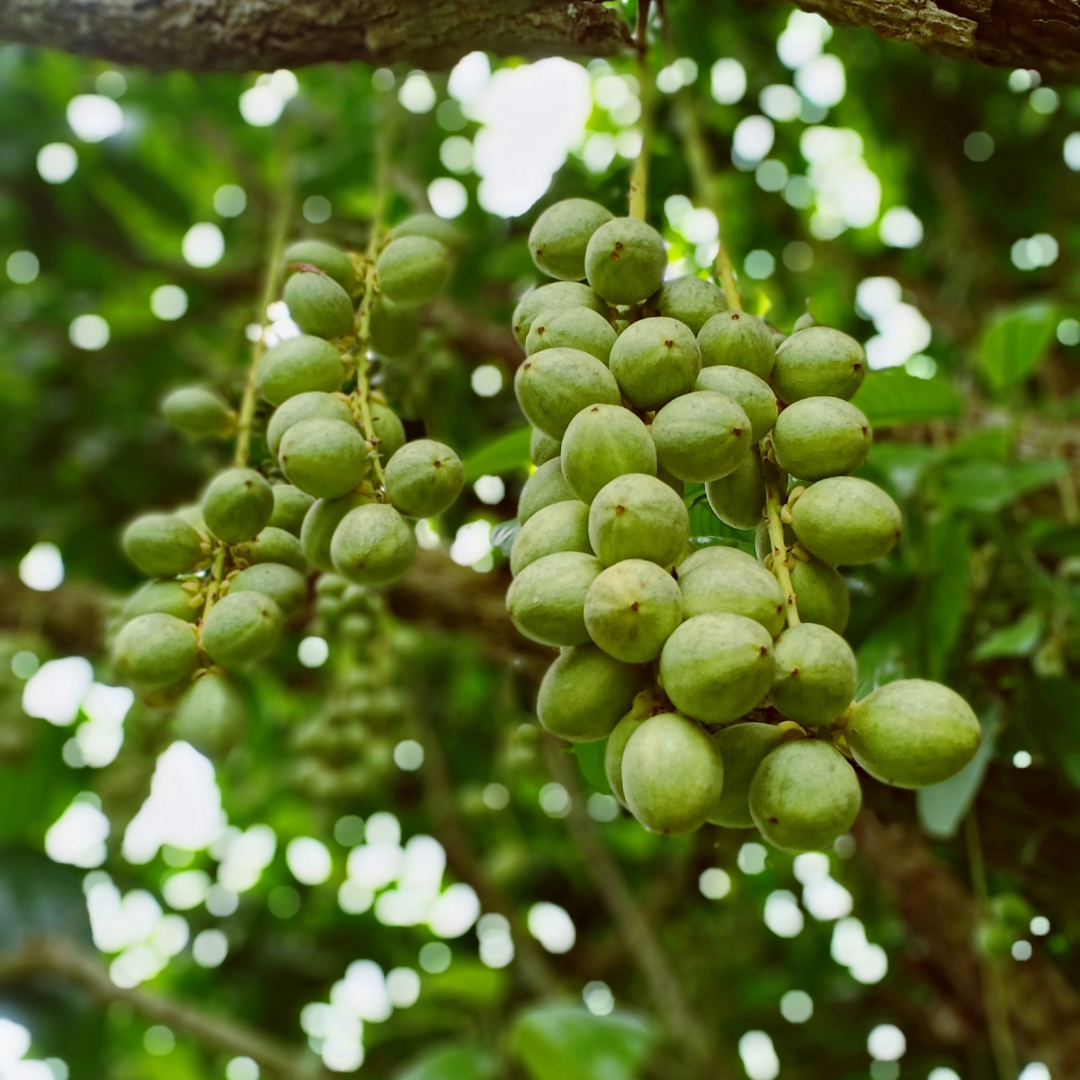
Will Shea Butter Clog My Pores?
Shea butter has become an extremely popular skincare ingredient, especially for dry skin. It can be found in everything from creams to moisturizers.
READ ANSWER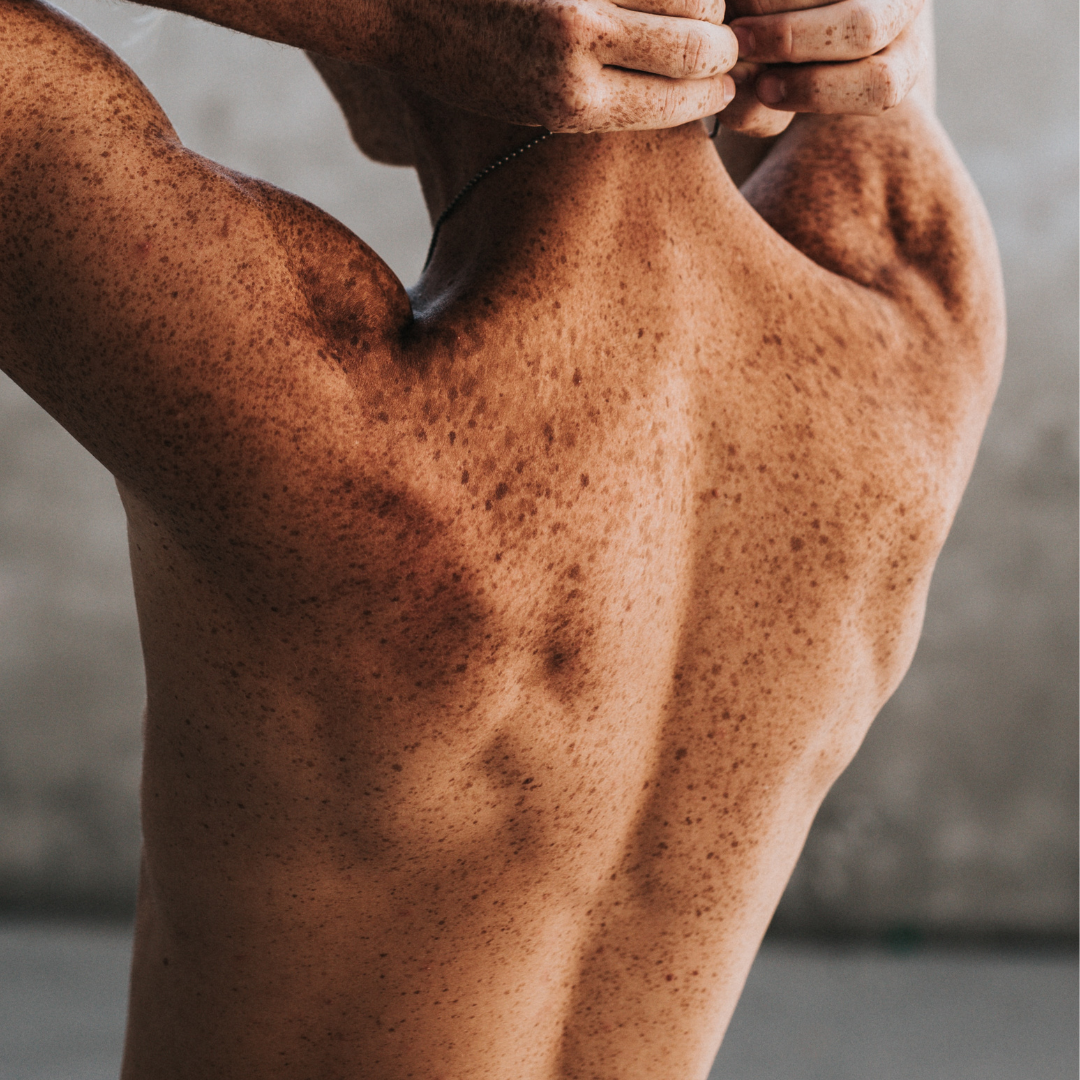
Chemical or mineral sunscreens?
In an attempt to protect ourselves from the sun's UV rays, it has, for the most part, backfired on us. From zinc-oxide based mineral sunscreens to chemical.
READ ANSWER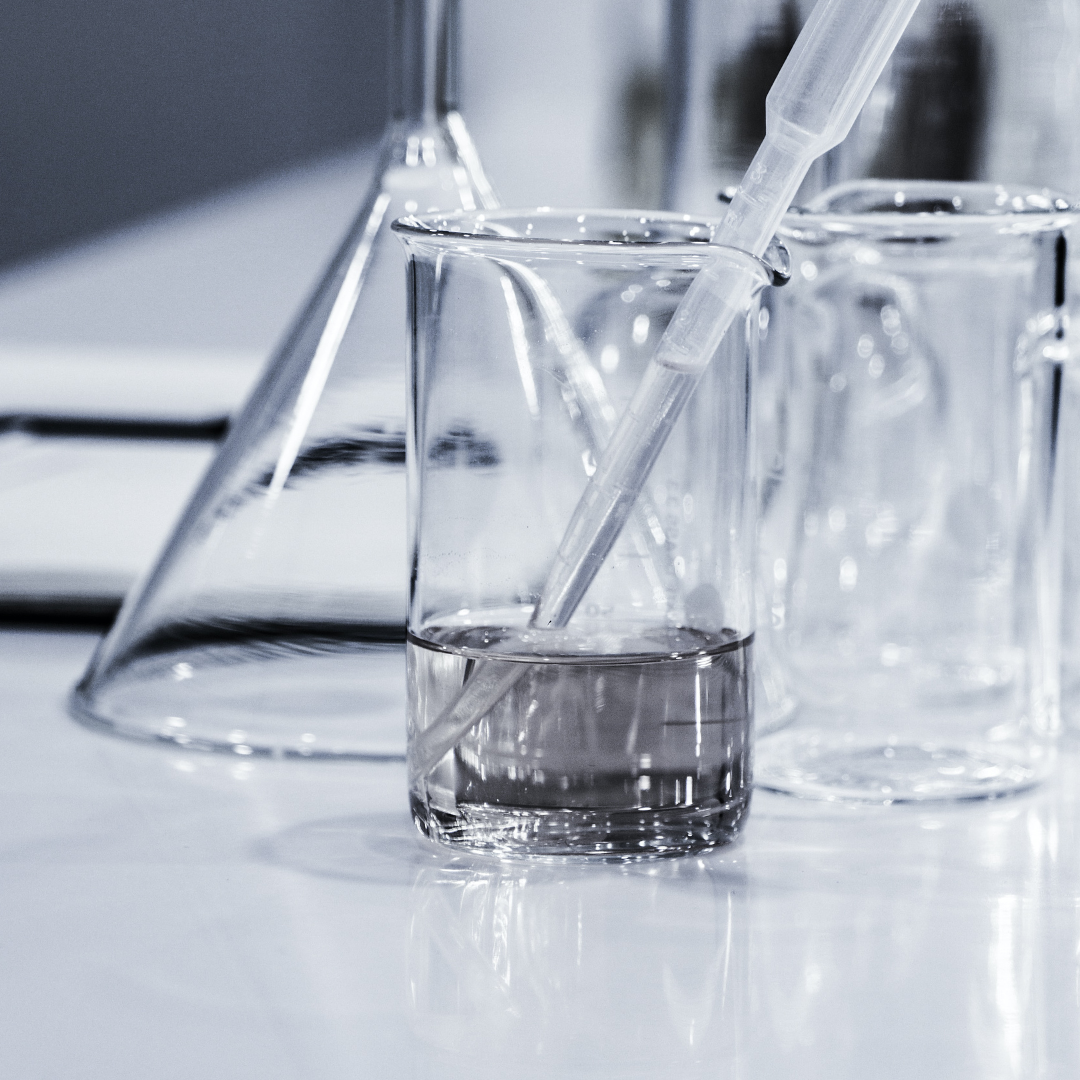
Is alcohol denat in skincare safe?
We all know by now that alcohol is bad for our health. What about our skin and why is this so-called aclohol denat on so many ingredient lists?
READ ANSWERHow-To Guides
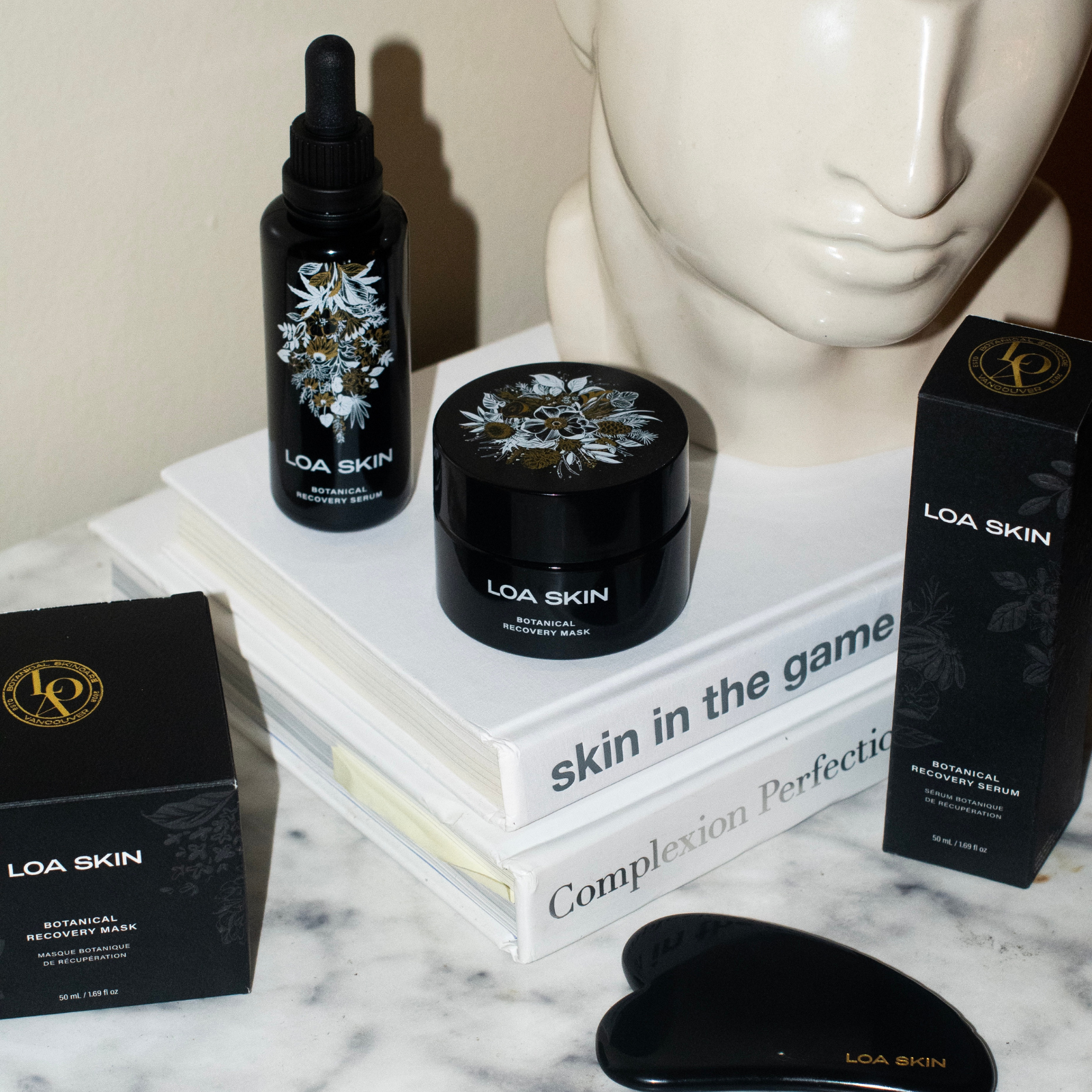
How to recycle our skincare products
Are you a sustainability maven and want to ensure that you're recycling our products in the correct way?
VIEW GUIDE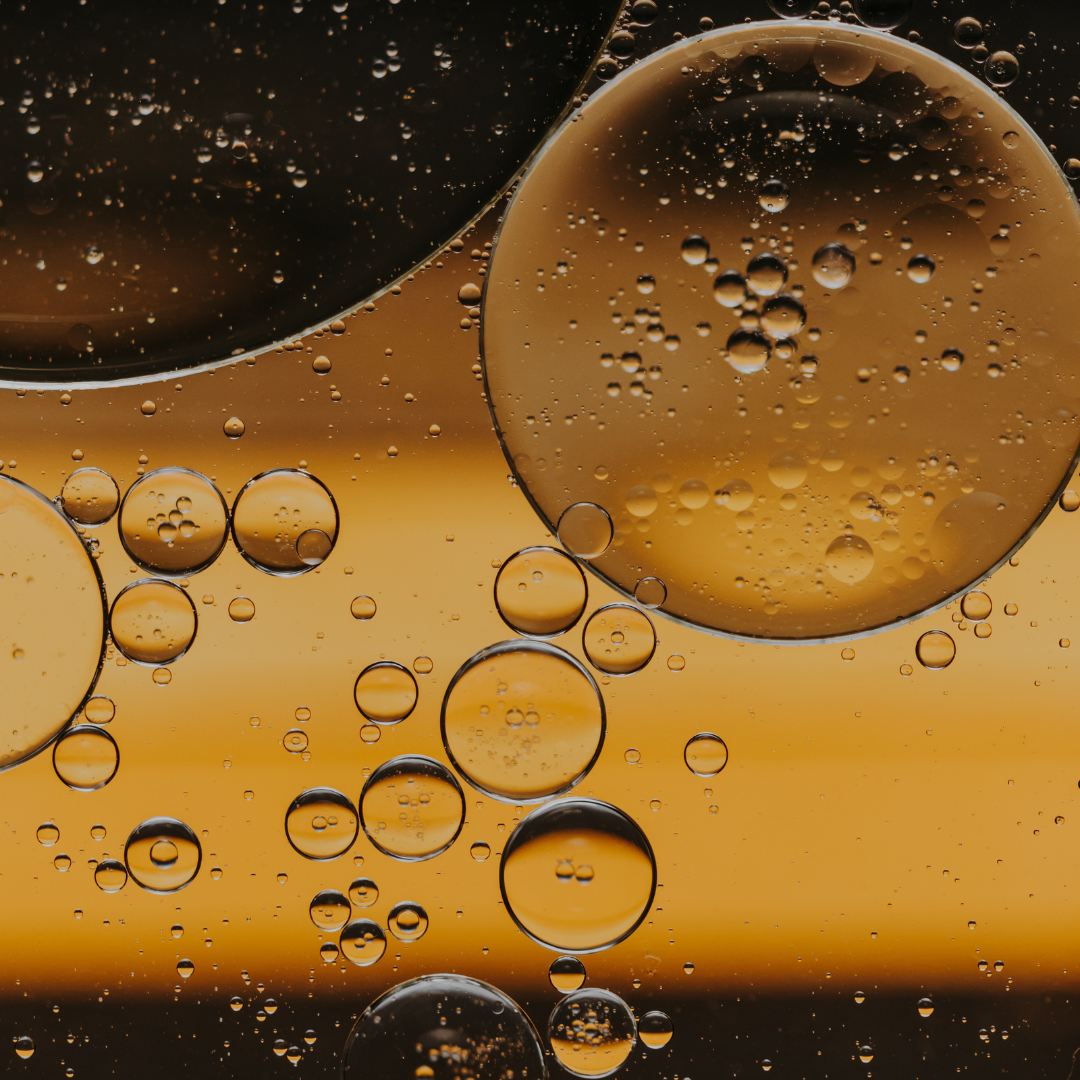
Treating acne with oils high in linoleic acid
Contrary to what skin care experts and dermatologists tell us, acne-prone skin is deficient in linoleic acid.
VIEW GUIDE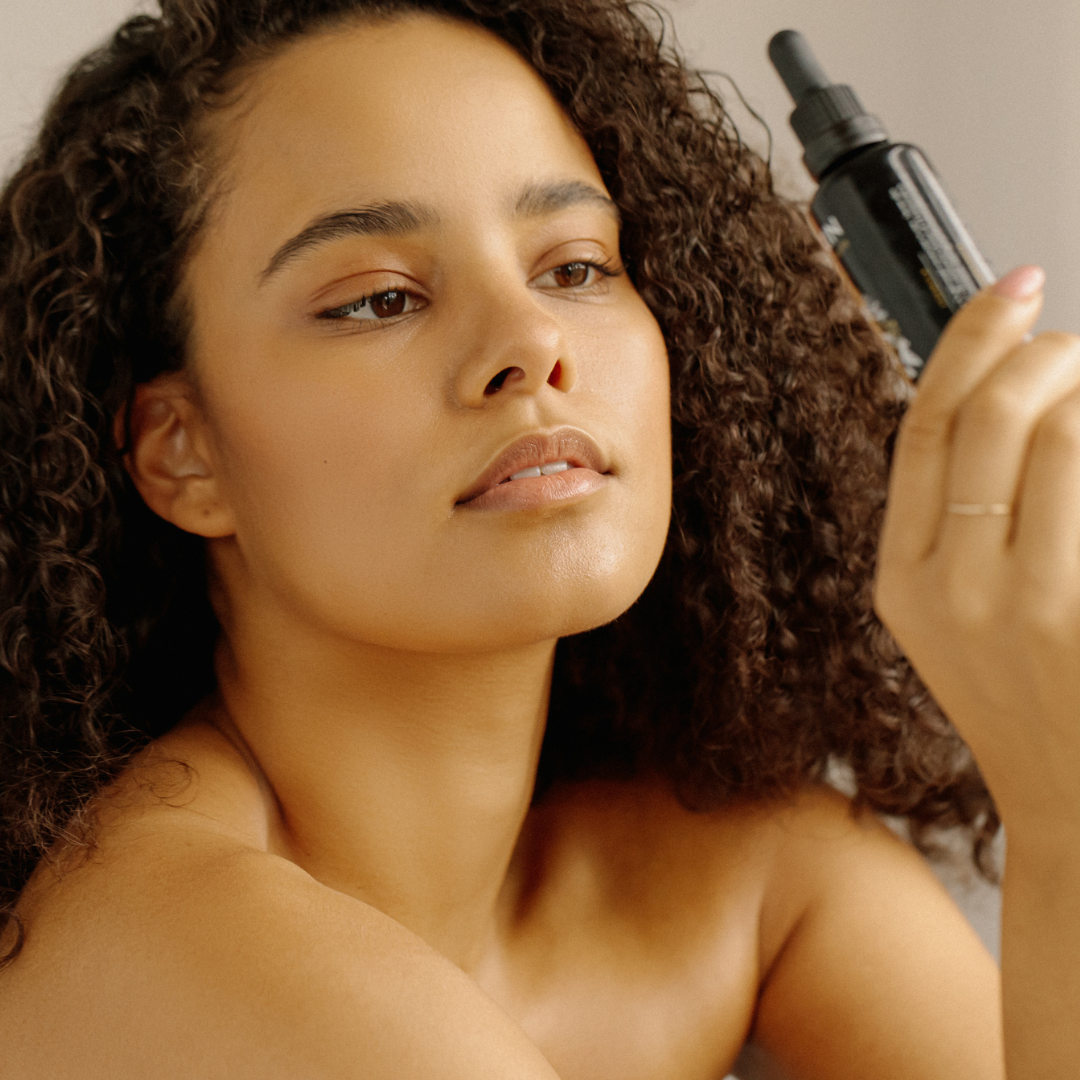
A guide to identifying vegan skincare
The vegan and cruelty-free movement continues to grow at a rapid pace, as people are wanting to live a more ethical life.
VIEW GUIDE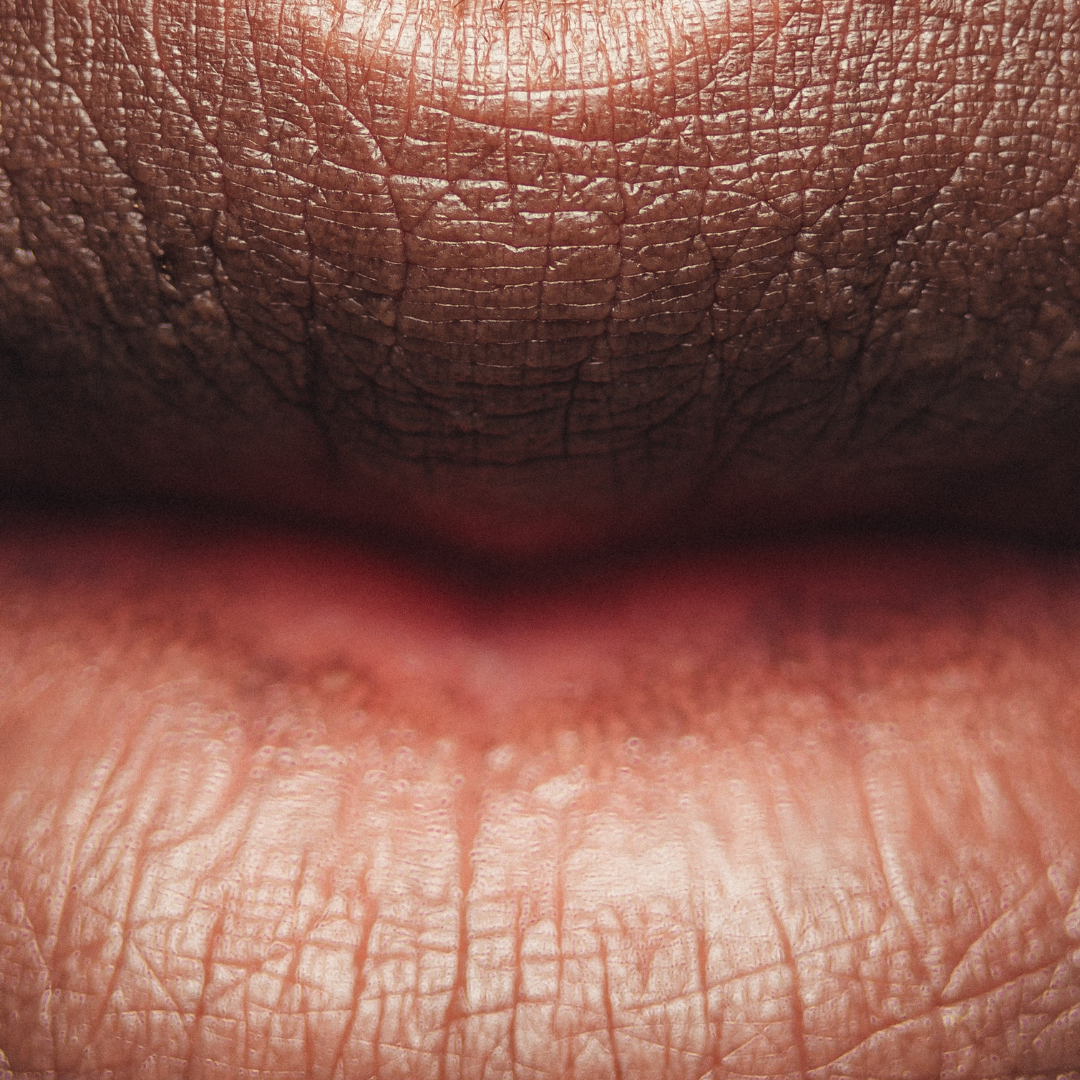
How to prevent dry winter skin
With the colder weather comes the drier air (especially indoors), harsher winds, and the dry, chapped, skin.
VIEW GUIDE

